TAXES AND FEES
First, let’s go over the taxes and fees in regards to buying property in Italy. There’s something you need to familiarize yourself with first: the “imposta di registro” which is calculated from the “rendita catastale” if you are buying from an individual. If you are buying from a company you will pay the VAT which is calculated from the market value of the property.
The rendita catastale is a government determined value based on the type of property, and on its size and location, among other factors. This is completely separate from the market value of the property. This value will be used to calculate your taxes.
RESIDENCY

If you plan to stay in Italy for more than 180 days per year, you will need to apply for residency. If you don’t apply for residency you will have to pay a penalty.
SCENARIO EXAMPLE, FEES
For a better understanding of the taxes, please look at the following example.
House purchase between buyer and private seller.
House price: €180,000; valore catastale: €65,000.
If you plan to move to Italy, and do not already own Italian property, your tax percentage is 2% of the valore catastale. 2% of €65,000 is equal to €1,300. You will also have to pay some smaller fees.
If you do not plan on moving to Italy and so do not have residency, your taxes are set at 9% of the valore catastale. 9% of €65,000 is equal to €5,850, plus additional smaller fixed tax amounts.
If you are purchasing from a company however, the rates differ. Let’s use the same numbers for comparison.
House purchase between buyer and a company.
House price €180,000
The VAT is set at 4% if you have the residency and this is your first house; therefore you would calculate 4% of €180,000, paying €7,200. If this is your second house the VAT goes up to 10%.
The VAT for non-residents is 10% (whether it is a first or second house); therefore you would calculate 10% of €180,000, paying €18,000.
In addition to these taxes, there is also around a 1% notary fee.
REAL ESTATE & NOTARIES IN ITALY
Sometimes people confuse the notary’s role with that of an attorney during the buying process in Italy. The notary, however, is very different.
The notary, or notaio, is a public officer who ensures that all the laws of Italy are followed during the buying process. This is a completely impartial party.
The notary oversees all contracts and any legally binding procedures.
While you can ask for legal council from the notary, their response is required to be completely unbiased.
This party is responsibly for looking over and authenticating all documents in relation to the sale. They also write up the “Atto di Vendita”.
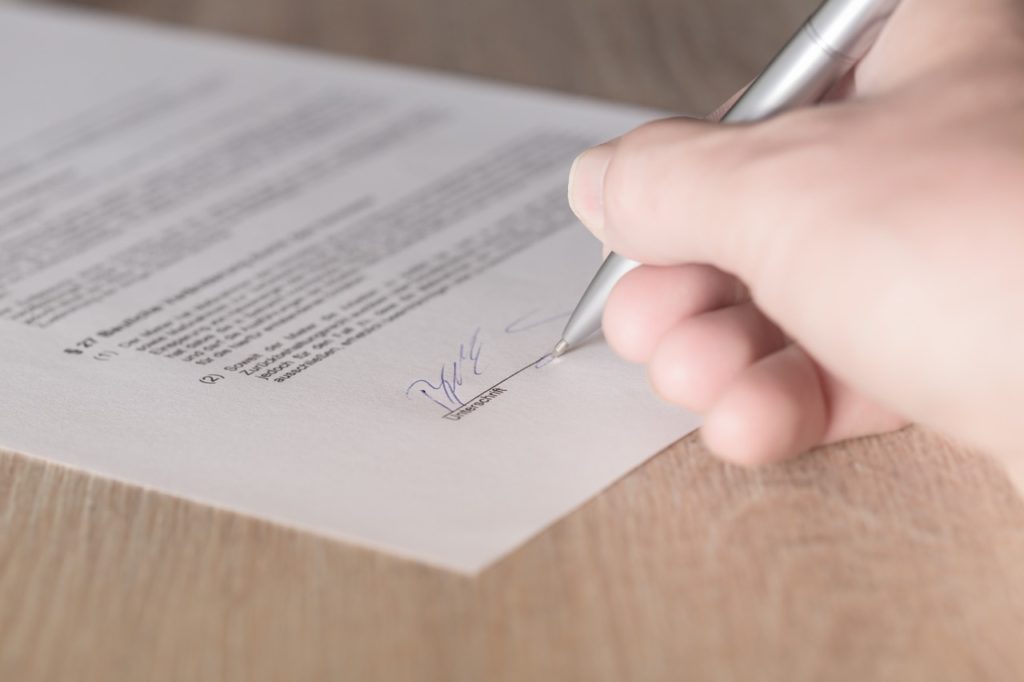
TRANSLATOR

If you do not speak Italian, you will need to have a translator with you during the proceedings with the notary.
Typically this is will all be taken care of by the notary or the real estate agents, so you will not have to hire someone.
The translator fees can be up to €300, so be sure to take this into account. Of course if neither the buyer or seller speak Italian, you may split the costs of the translator.
FUNDAMENTAL PLAYER IN REAL ESTATE

The notaries in Italy work in all areas of law including inheritance, local authority proceedings, corporate business, family court, etc.
The government of Italy employs these public officers for many different authentication procedures in a variety of instances.
They provide a seal of legality and authenticity to the documents involved and ensure all the appropriate laws are followed.
They are a fundamental part of the real estate market in that no sale can be made without one.
Although they are employed Italian State, they are not paid by the government. The government has determined fixed rates for which they must be paid but the fees are paid by the buyer in the transaction.
If you would like to contact a lawyer or attorney, you are looking for a avvocato, not a notaio.



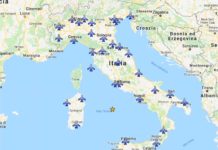




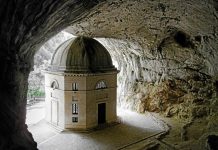






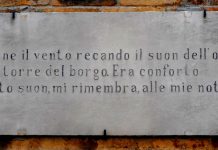





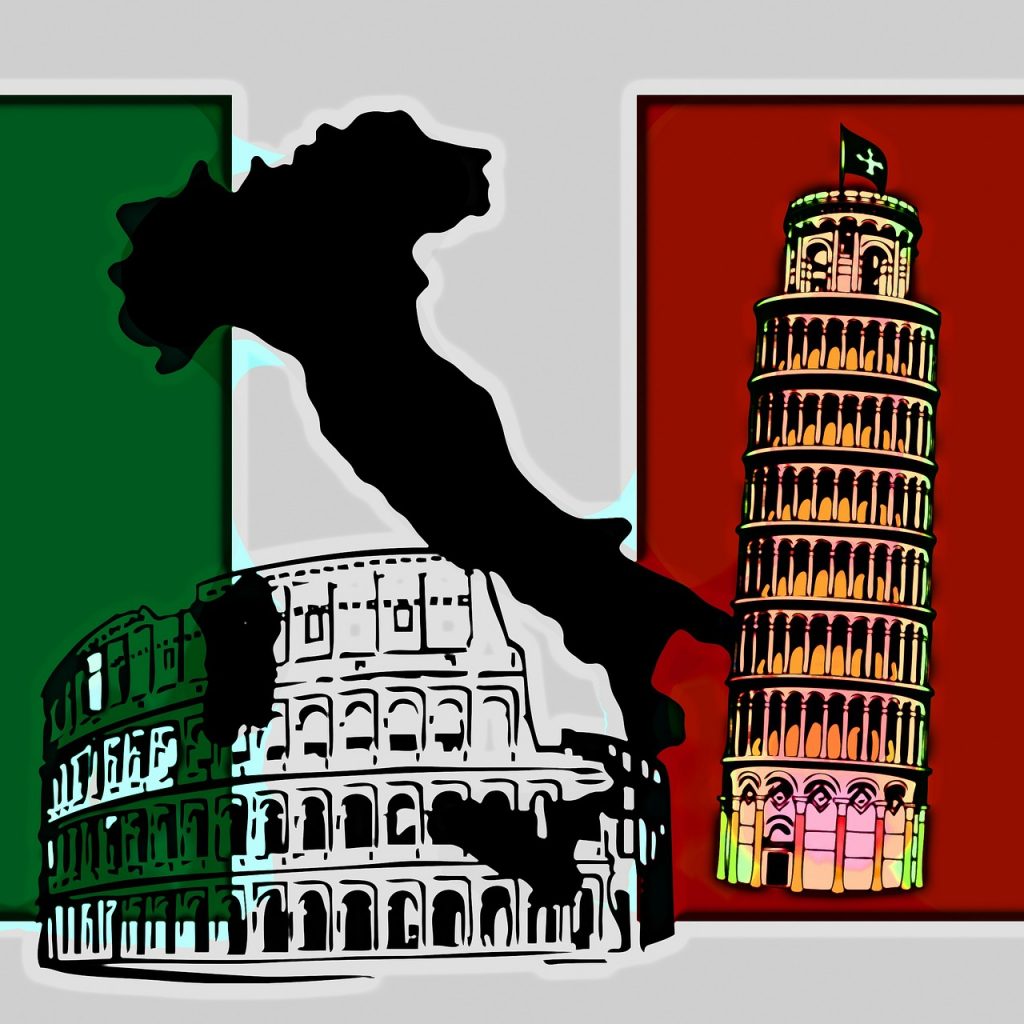
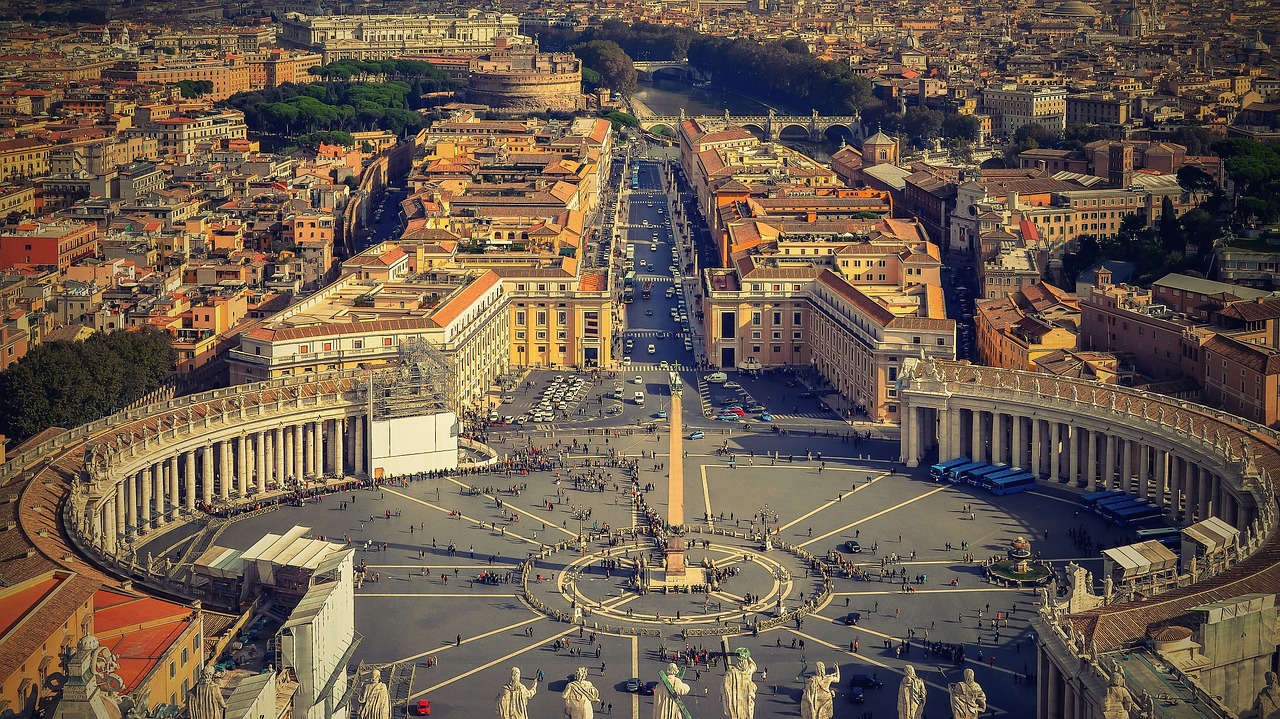
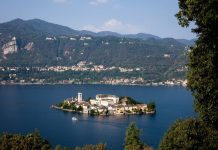




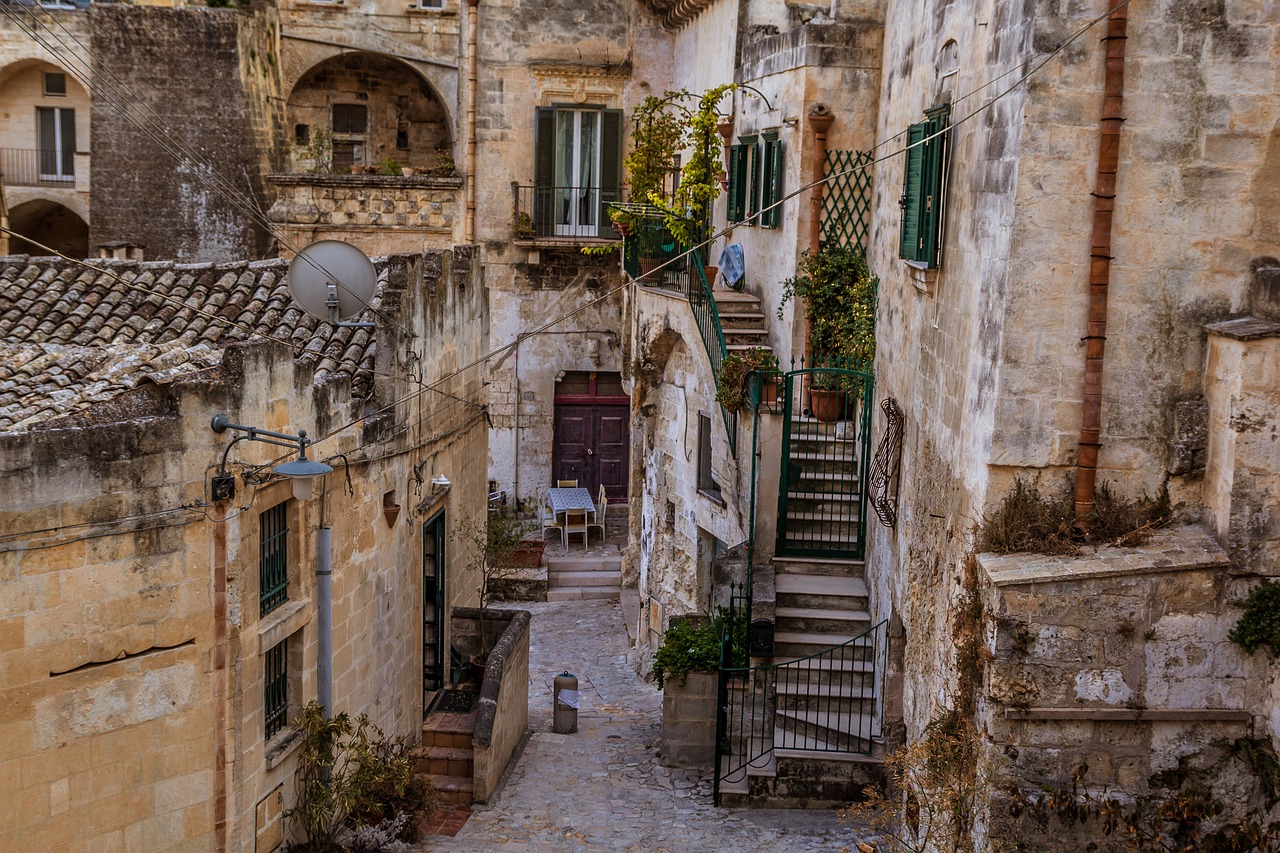
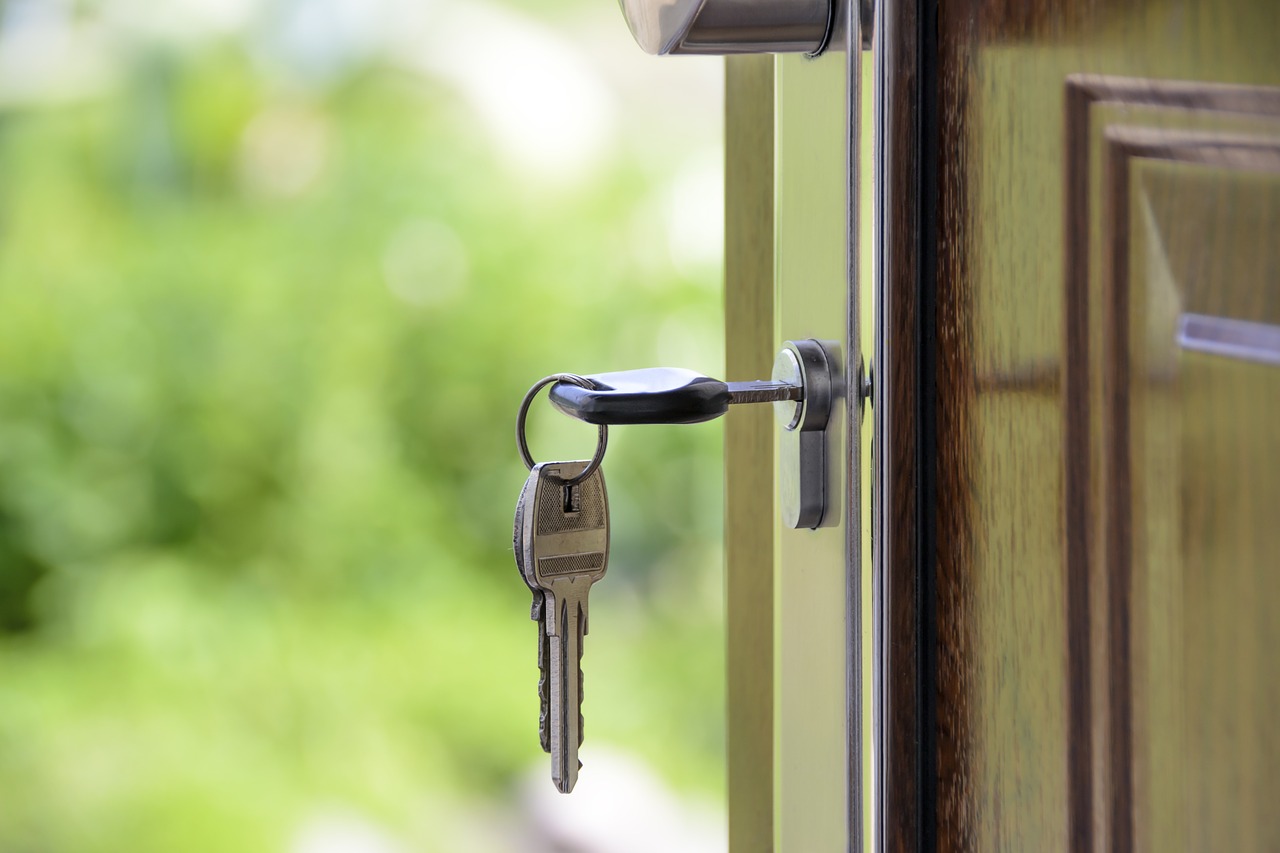

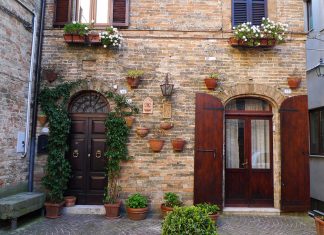
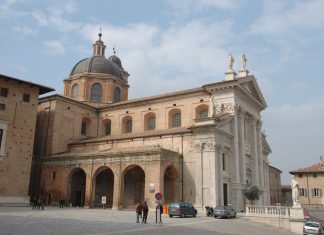




I own a tiny property in Laters, Viterbo which I wish to sell. I have a buyer and an agreed price of €10000.
I live in Ireland as does the purchaser. How can I arrange for this transaction to take place and how much would it cost.
Sara Keane
Hi Sara,
in Italy the sale of houses is managed by the Notary.
If the seller and buyer are both Irish and you want to stay in Ireland, you have to give attorney to a person living in Italy. The act you need is the “Procura speciale per l’acquisto o la vendita di immobili”(special power of attorney for buying or selling real estate) which must be done at the Italian Consulate in Ireland. You must take an appointment and present yourself with I.D. and the details of the person you intend to confer the power of attorney to. The “Procura speciale” costs 56 Euros
The italian Notary collects the state taxes called “tassa di registro”(registration fee). To calculate this amount it is necessary to know the “rendita catastale”(cadastral income). This value can be found in the deed of sale. Multiplying the “rendita catastale” x 126 you obtain the “valore catastale”(cadastral value). The 9% of this amount IS the tax you have to pay to the Notary. For example on 8,000 Euros of cadastral value the “registration fee” will be € 720; to this amount you have to add 50 + 50 = € 100 fixed fee that does not change when the value of the house changes. Unfortunately, the minimum value of the registration fee is always € 1,000, this greatly penalizes the sale of properties of reduced value. In this case the total amount of taxes due would be € 1,100
The Notary’s professional fee is regulated by a law but there is a minimum and a maximum so you should ask for a quote. Here you can see the notaries in the province of Viterbo https://www.notai.it/provincia-viterbo, but the Act can be done by any Italian Notary
Tiziano
I am a Sri Lankan by citizenship and lives in middle east for many years. If I wish to buy a property in Italy to live rest of my life, can I purchase freely as mentioned in this article or does it come with complications with nationalities as I don’t have residency in Italy or EU?